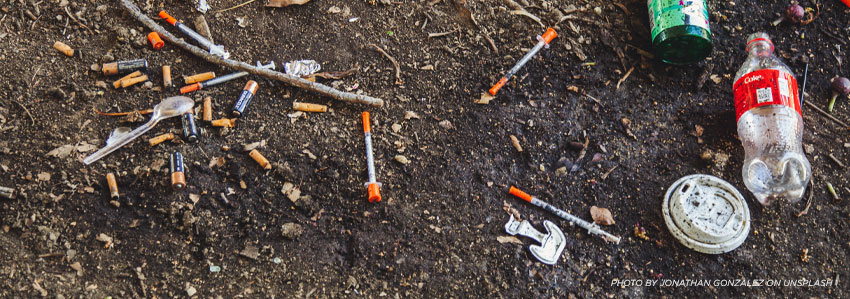
Alarming Reports from Decriminalization of Drug Possession
Oregon ranks second among U.S. states for substance abuse, reporting nearly one in five adults with an addiction. Voters passed Measure 110 in November 2020, with 58 percent support for decriminalized possession of small amounts of hard drugs such as heroin, meth, cocaine, and fentanyl. The new law made punishment for possession of those substances equivalent to a traffic ticket, with no more than a $100 fine.
However, if the offender calls a specific help hotline and completes a health assessment, even that goes away. Ideally, they’d like to connect drug abusers with services and treatment rather than putting them in jail, but not even a year-and-a-half later, the experimental program hasn’t shown much success.
Drug overdose deaths have increased 41 percent since 2020 and reached an all-time high in 202, and less than one percent of offenders have entered a treatment program. According to an Oregon district attorney, "What we’re absolutely seeing is that as drug possession has been decriminalized, property crimes have increased, and so has violent crime." Rural police officers report an increase in theft as people steal to feed their addictions.
Proponents of the legislation claim that only 10 percent of the $300 million available has been allocated to date, paying for needle exchange programs, peer-to-peer counseling, supportive housing, and Narcan. Consider: As cities across the country experiment with similar programs, your organization could experience an increase in clientele. What bridges have you built in your community that could prove valuable in these situations?